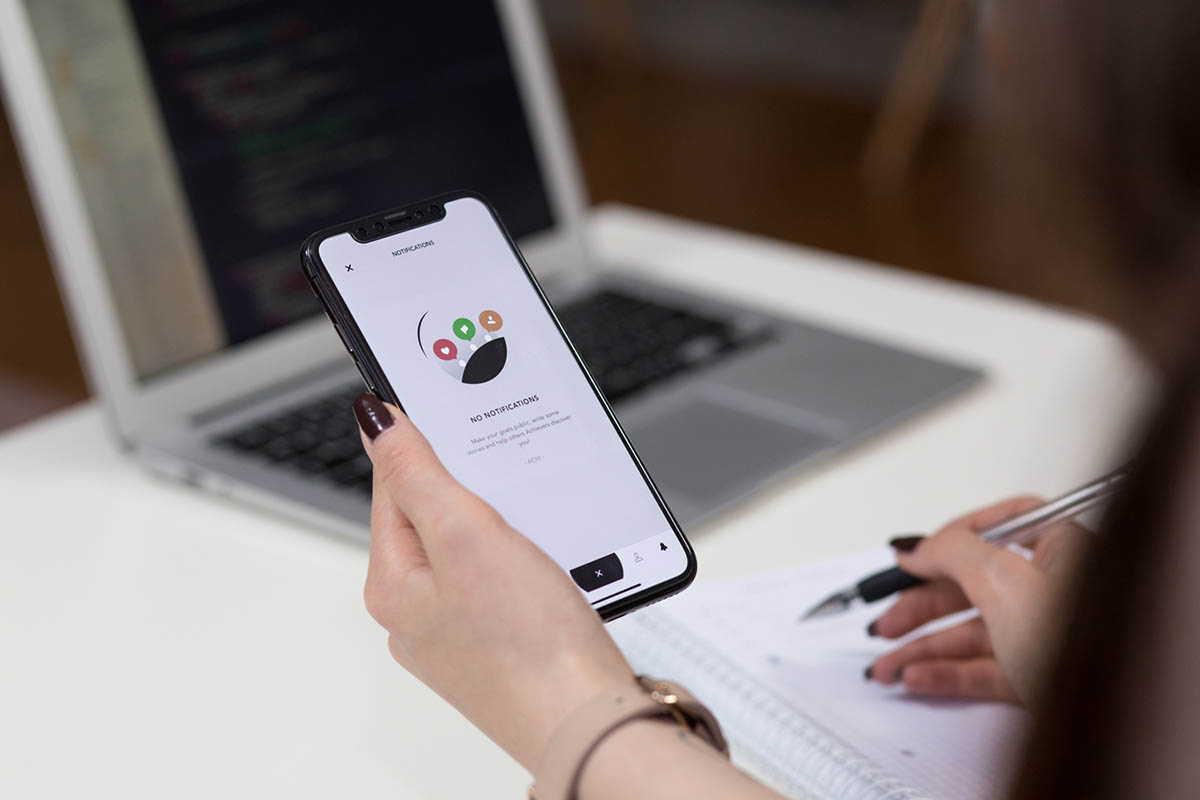Creating a More Just and Merciful World
Strategies For Writers To Overcome Digital Distractions

Writing is hard. But in the digital age, it has become even more difficult.
The rise of social media, messaging, video and all the other apps available on our smartphones and personal devices has placed an unprecedented quantity of information and entertainment at our fingertips. Unfortunately, it has also introduced a whole raft of tempting distractions that can get in the way of focus, concentration and productivity.
This is especially true for writers, who need to be fully engaged in the process of writing if they are to create quality work and do so efficiently. Digital distractions can lead to procrastination, substandard writing and more time spent on the process of writing than is necessary.
While avoiding the temptation of the various digital distractions can be hard, there are a variety of strategies that can help writers, including student writers, stay on task.
- Acknowledge distractions. It might sound obvious, but one of the most important steps to blocking out distractions is to become aware of them. If you are given to mindlessly picking up your phone when you are in mid-composition, you may not even be aware that it is a distraction. Awareness is the first step to managing distraction.
- Make your device less distracting. Just as devices can scream for attention, they also have built-in features to keep us from answering their siren call. Turning on airplane mode, turning off alerts or activating do not disturb settings can help keep your attention from wandering to your device. Of course, do not forget, you can also easily create physical space between you and your device by putting it in a drawer, stowing it in a briefcase or handbag or leaving it in another room.
- Allow yourself digital breaks. Use your device to incentivize productivity. Time with your device and the enticing distractions it offers can be used as a reward for getting writing done.
- Develop useful distractions. While time with your device can negatively impact your concentration and productivity as a writer, other, healthier distractions can instead help you to be more productive. Time spent exercising or meditating can improve your focus, while reading books and examples of good writing can help improve your writing. Time spent on these activities is far more beneficial than mindlessly scrolling through social media feeds or videos on your device.
Additionally, consider these tips for more focused writing from renowned author Joyce Carol Oates.
Develop into a better writer and communicator with a Bachelor of Science degree in Communication from Carlow University in Pittsburgh. Choose from multiple program-specific tracks, each of which will provide access to hands-on learning opportunities, such as developing your news writing and research skills or polishing your broadcasting skills. Classroom and real-world practice help you hone problem-solving, team-building and critical thinking skills, all highly sought after by employers.
Tags: strategies for writers to overcome digital distractions
